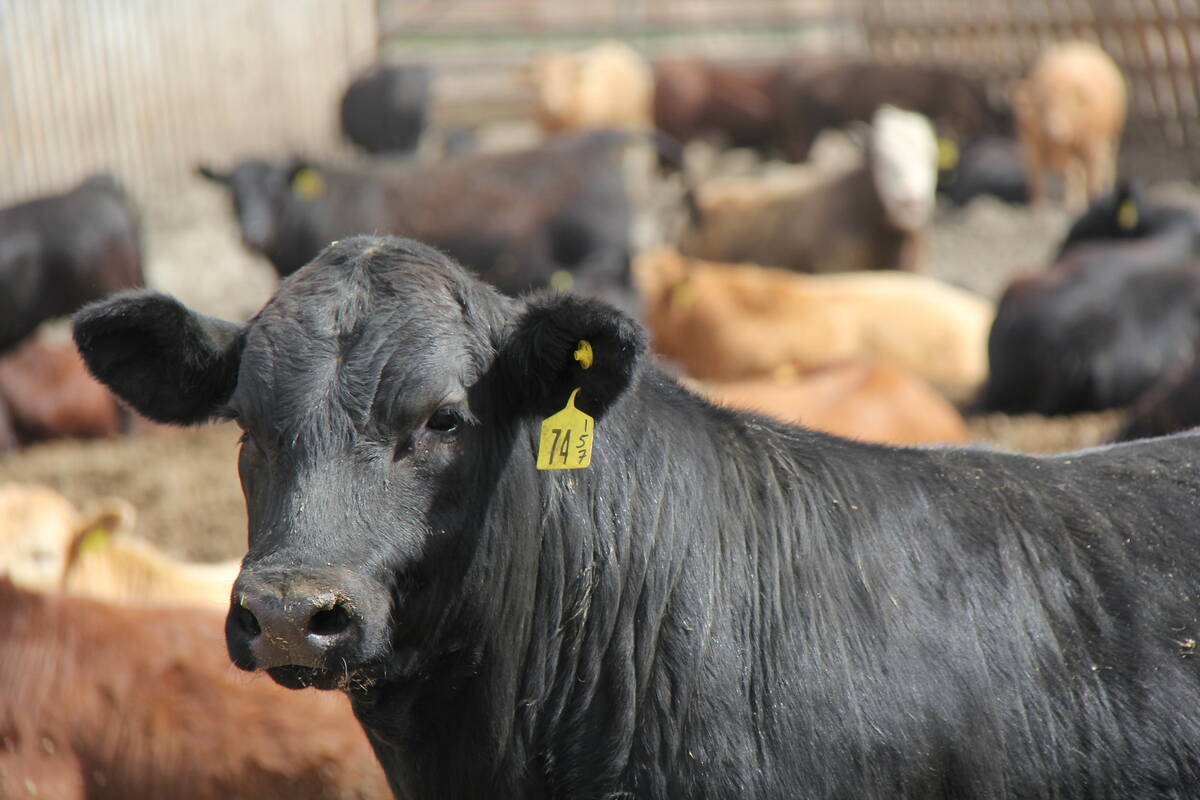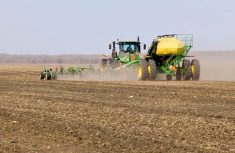Sydney/Hamburg | Reuters — Japan’s Marubeni Corp. is to close its Australian grain trading business after a review of its global operations.
The move “is not in any way reflective of the performance of Marubeni Australia’s grain trading business division, which has been trading profitably for the past three years,” Makoto Kajitani, chairman and managing director of Marubeni Australia, said in a letter to clients seen by Reuters.
The Japanese trading house gave no further details on the closure. The Australian operation was not immediately available for comment.
Read Also

U.S. livestock: Cattle steady ahead of feed report
Cattle futures on the Chicago Mercantile Exchange held close to unchanged on Thursday, with the bias lower in the most…
Marubeni acquired the Australian business after its US$5.6 billion purchase of U.S. grain merchant Gavilon in 2012.
The Australian arm is a smaller player in the country, accounting for less than 250,000 tonnes of exports, data from Grain Trade Australia shows.
The exit comes amid significant competition in Australia’s grain trading business as global players position themselves to capitalise on increased Asian demand.
But with freight costs sliding, traders said the advantage Australia enjoys may not be as important as it once was.
“As an exporter of European grain we naturally hope for less competition from Australian wheat in the markets for high-quality grain,” said one European trader, who spoke on condition of anonymity.
“Australian wheat has a strong traditional presence in the South Korean flour mill market which could be eroded by competition from further afield as ocean shipping costs are low, making long-distance shipping more competitive.”
Australia recently finished harvesting its eighth-largest crop, with production hitting 23.61 million tonnes this year, the Australian Bureau of Agricultural and Resource Economics and Sciences said in February.
— Colin Packham and Michael Hogan report for Reuters from Sydney, Australia and Hamburg, Germany respectively.
















